Home>Articles>What Advantages Do Hand Tools Have Over Power Tools
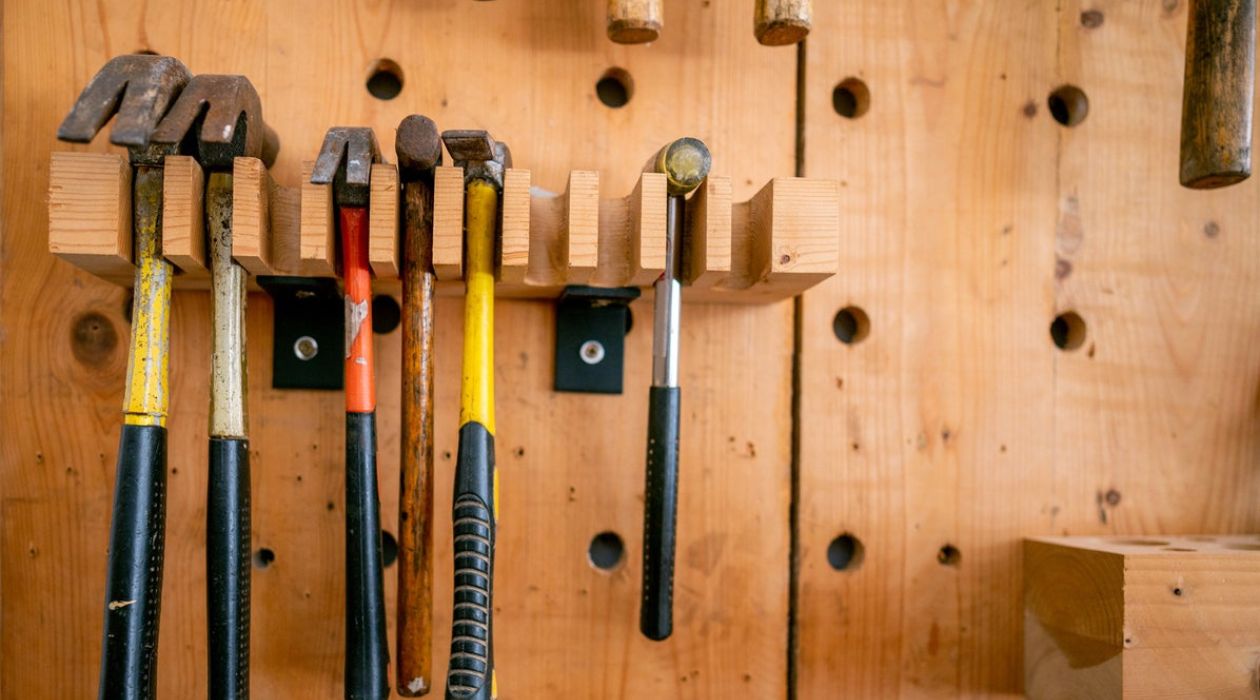

Articles
What Advantages Do Hand Tools Have Over Power Tools
Modified: December 7, 2023
Discover the benefits of using hand tools over power tools in our informative articles. Gain insights and make an informed choice for your DIY projects.
(Many of the links in this article redirect to a specific reviewed product. Your purchase of these products through affiliate links helps to generate commission for Storables.com, at no extra cost. Learn more)
Introduction
When it comes to tackling various DIY projects or professional job tasks, one question often arises: Should I use hand tools or power tools? Both types of tools have their own advantages and drawbacks, but in this article, we will focus on the advantages of hand tools over power tools.
While power tools offer the advantages of speed and efficiency, hand tools have been used for centuries and continue to be cherished by DIYers, craftsmen, and artisans. The appeal lies in their simplicity, versatility, and the deep connection they provide between the user and the work.
Let’s explore the advantages of using hand tools:
Key Takeaways:
- Hand tools offer cost-effectiveness, portability, safety, versatility, precision, skill development, and low maintenance, making them a practical and sustainable choice for DIYers and professionals alike.
- Using hand tools fosters a deeper connection with the work, promotes craftsmanship, and provides a quieter, more comfortable working environment, allowing for skill development and a sense of fulfillment.
Cost
One of the major advantages of hand tools is their affordability. Compared to their power counterparts, hand tools typically come at a lower price point. This makes them a more accessible option for individuals who are on a budget or just starting out with their tool collection.
Additionally, hand tools require minimal maintenance, which means you save on long-term costs. Power tools, on the other hand, often require regular maintenance, such as replacing batteries or brushes, which can be expensive over time.
Moreover, because hand tools don’t rely on electricity or fuel, there are no ongoing energy costs associated with their use. This can be especially advantageous for individuals who may be operating on a tight budget or have limited access to power sources in their workspace.
Overall, hand tools offer a cost-effective solution for both DIY enthusiasts and professionals alike, allowing them to accomplish their tasks without breaking the bank.
Portability
One of the key advantages of hand tools is their portability. Unlike power tools, which often require a power source or a cord to operate, hand tools rely solely on the user’s physical strength and dexterity.
This portability enables users to easily transport hand tools to various job sites or locations without the need for additional equipment or power sources. Whether you’re working on a project in your backyard, on a construction site, or in a remote area, hand tools can be conveniently carried in a toolbox or a tool belt.
Furthermore, the compact size and lightweight nature of hand tools make them ideal for working in tight spaces or confined areas where maneuverability is limited. This flexibility allows users to tackle tasks in hard-to-reach corners or overhead locations without the limitations of a power cord or the need for large machinery.
The portability of hand tools also makes them a preferred choice for individuals who frequently move between job sites or have limited storage space. Instead of dealing with the hassle of transporting heavy power tools, hand tools can be easily packed up and taken along with minimal effort.
In summary, the portability of hand tools offers convenience, flexibility, and the ability to work in a variety of environments, making them a practical option for professionals and DIYers on the go.
Safety
When it comes to safety, hand tools have a distinct advantage over power tools. While power tools offer speed and efficiency, they also come with a higher risk of accidents and injuries due to their motorized components and higher power output.
Hand tools, on the other hand, are generally considered safer to use. With hand tools, users have more control and can manipulate the tool with precision. The lack of a power source eliminates the risk of electrical shocks or malfunctions commonly associated with power tools.
Hand tools also allow users to physically feel the work they’re doing, which provides better feedback and control, reducing the likelihood of accidents. With power tools, it’s possible to unintentionally apply excessive force or lose control if not handled correctly.
Furthermore, hand tools typically have fewer moving parts, reducing the risk of mechanical failure or unexpected breakage. Power tools, due to their complex mechanisms and motors, can be prone to malfunction if not properly maintained or operated.
It’s worth noting that although hand tools are generally safer, proper safety precautions should still be taken when using them. This includes wearing appropriate safety gear such as gloves, goggles, and ear protection, as well as using tools in the correct manner and following all recommended guidelines.
In summary, hand tools provide a safer option for users due to their increased control, reduced risk of electrical hazards, and lower likelihood of mechanical failure, making them a preferred choice for those concerned about safety.
Versatility
Hand tools are known for their versatility, as they can be used in a wide range of applications and tasks. Whether you’re a woodworker, a plumber, or a hobbyist, hand tools offer the flexibility to handle various jobs with ease.
Unlike power tools that are designed for specific tasks, hand tools are generally multipurpose in nature. For example, a simple tool like a hammer can be used for driving nails, removing nails, or even as a makeshift pry bar. This versatility allows users to accomplish a variety of tasks without the need for multiple specialized tools.
Hand tools also offer more precision and control in delicate tasks. For intricate woodworking or fine detailing, hand tools allow for greater finesse and accuracy, as users can make micro-adjustments and have a tactile connection with the workpiece.
Moreover, hand tools are not limited by the availability of power sources. In remote areas or places without electricity, hand tools can still be used effectively, making them a practical choice for individuals working in diverse environments.
Additionally, the versatility of hand tools extends to their compatibility with different materials. Whether you’re working with wood, metal, plastic, or other materials, there are hand tools specifically designed for each type of material. This allows for greater adaptability and ensures that you have the right tool for the job, regardless of the material you’re working with.
In summary, the versatility of hand tools allows users to tackle a wide range of tasks, provides greater precision and control, and ensures compatibility with different materials, making them a valuable asset in any toolbox or workshop.
Hand tools are often more portable, require less maintenance, and are safer to use in certain situations compared to power tools. They also provide more control and precision for delicate tasks.
Precision
When it comes to tasks that require fine details and accuracy, hand tools excel in providing precise results. The manual operation and tactile feedback of hand tools allow users to have precise control over their movements, resulting in cleaner cuts, smoother finishes, and accurate measurements.
Hand tools such as chisels, hand planes, and carving tools allow craftsmen to finely shape and refine materials with ease. The ability to make minute adjustments and carefully work on intricate designs is one of the key advantages of hand tools.
Additionally, hand tools often come with markings or measuring guides that aid in achieving precise dimensions. Whether it’s a tape measure, a combination square, or a marking gauge, these tools assist in accurately measuring and marking out materials before making cuts or assembling pieces.
Moreover, the absence of power and the reliance on manual force also contribute to the precision of hand tools. With power tools, there is a risk of overpowered cuts or excessive force causing damage. Hand tools, on the other hand, allow a controlled and gradual approach, ensuring that cuts and shaping are done precisely without compromising the integrity of the workpiece.
Furthermore, hand tools are often used in conjunction with other hand tools, allowing for complementary functions and enhancing precision. For example, a hand saw can be used to make initial cuts, followed by a chisel to remove excess material and fine-tune the edges.
In summary, the precise control, tactile feedback, and manual operation of hand tools make them the preferred choice when it comes to tasks that require fine details and accuracy.
Skill development
Using hand tools not only allows you to complete your tasks efficiently, but it also provides an opportunity for skill development and honing your craftsmanship. Unlike power tools, which often rely on automated processes, hand tools require a certain level of skill and technique to use effectively.
Working with hand tools encourages you to develop your manual dexterity, hand-eye coordination, and spatial awareness. As you practice with different hand tools, you gradually improve your ability to handle them with precision and control, resulting in better and more refined workmanship.
Additionally, using hand tools allows you to truly connect with your craft and understand the materials you’re working with. You become more attuned to the nuances and characteristics of different materials, enabling you to make more informed decisions during the making process.
Furthermore, hand tools often require a deeper understanding of techniques and principles. Whether it’s properly sharpening a chisel, adjusting a hand plane, or mastering the art of joinery, using hand tools pushes you to learn and refine your skills, leading to growth and mastery in your craft.
Working with hand tools also encourages problem-solving and critical thinking. The manual nature of these tools means that you often have to find clever solutions to overcome challenges or adapt the tools to suit specific tasks. This fosters creativity and innovation, allowing you to approach your work from different angles and find unique solutions.
Moreover, the satisfaction that comes from using hand tools and seeing the results of your craftsmanship can be immensely rewarding. Each project becomes a testament to your skill and dedication, providing a sense of accomplishment and pride that motivates further growth and exploration.
In summary, using hand tools not only helps you complete tasks but also allows for skill development, promotes craftsmanship, encourages problem-solving, and offers a fulfilling sense of achievement.
Noise and Vibration Levels
Hand tools have a clear advantage when it comes to noise and vibration levels. Unlike power tools, which often produce loud noises and significant vibrations, hand tools operate quietly and with minimal or no vibrations.
This can be particularly advantageous in various situations. For example, if you’re working in a residential area or a shared workspace, using hand tools eliminates the disturbance caused by loud power tools. This allows you to work without disturbing others and promotes a peaceful and harmonious environment.
Not only can noise interfere with concentration and communication, but prolonged exposure to loud noises can also lead to hearing damage. With hand tools, you can work with peace of mind, avoiding the potential risks associated with excessive noise exposure.
Additionally, vibrations produced by power tools can cause discomfort and fatigue to the user’s hands and arms, leading to a decrease in productivity and potential long-term health issues. Hand tools, with their minimal vibrations, provide a more comfortable and ergonomic experience, reducing the strain on your body during extended periods of use.
The quiet operation and reduced vibrations of hand tools also contribute to a better overall working experience. They allow you to focus more on the task at hand and pay attention to the details, without being distracted or fatigued by the noise and vibrations generated by power tools.
In summary, hand tools offer a quieter and more comfortable working environment by reducing noise and vibrations, promoting a better concentration, and minimizing the risk of hearing damage or physical strain.
Maintenance and Durability
Hand tools are known for their durability and ease of maintenance. Unlike power tools that often have complex components and require regular upkeep, hand tools are designed to withstand heavy use and require minimal maintenance.
With hand tools, you don’t have to worry about motor malfunctions, battery replacements, or electrical issues. They are built to last with sturdy construction and durable materials, allowing them to withstand the test of time and repetitive use.
Furthermore, maintaining hand tools is generally straightforward. A simple wipe down after use, occasional lubrication of moving parts, and sharpening or honing if necessary are usually all that’s required to keep them in good working condition. This convenience saves time and money compared to the regular maintenance and servicing often required for power tools.
Moreover, hand tools are less prone to sudden failures and breakdowns. Since they have fewer moving parts and rely on manual operation, the risk of mechanical failure is significantly reduced. This reliability ensures that you can count on your hand tools to perform consistently, without unexpected interruptions.
The durability and low maintenance nature of hand tools make them a cost-effective investment. You can rely on them for extended periods without the need for frequent repairs or replacements. This longevity also contributes to the sustainability aspect, as fewer tools end up in landfills.
Additionally, hand tools often have a timeless design that transcends trends and technology advancements. This means they can be passed down through generations, carrying with them the knowledge and craftsmanship of those who used them before.
In summary, hand tools are known for their durability, low maintenance requirements, and reliable performance, making them a long-lasting and sustainable choice for both professionals and DIY enthusiasts.
Read more: What Are Non-Powered Hand Tools
Conclusion
While power tools undoubtedly offer speed and efficiency, hand tools have their own set of advantages that make them an essential part of any toolbox. The cost-effectiveness, portability, safety, versatility, precision, skill development, low noise and vibration levels, and easy maintenance and durability are all key reasons why hand tools continue to be cherished by craftsmen, DIYers, and professionals alike.
Hand tools provide an engaging and hands-on experience, allowing users to have direct control over their work and develop their skills and craftsmanship. They offer a level of precision and appreciation for materials that can be hard to achieve with power tools. The simplicity and reliability of hand tools make them a practical choice for various job settings, regardless of the availability of power sources or the size of the workspace.
Furthermore, hand tools foster a connection between the user and their work, promoting a sense of satisfaction and fulfillment. The ability to physically feel and manipulate the tools allows for a deeper understanding and creativity in the making process.
While power tools have their place in certain applications, hand tools provide a valuable alternative that prioritizes affordability, simplicity, and the development of skills. The combination of these advantages ensures that hand tools will continue to be an indispensable tool for craftspeople and professionals across various industries.
In conclusion, investing in a quality set of hand tools ensures that you have the versatility, precision, and satisfaction needed to tackle a wide range of tasks while honing your craftsmanship. So, whether you’re a seasoned professional or just starting on your DIY journey, don’t overlook the timeless appeal and practical advantages that hand tools offer.
Frequently Asked Questions about What Advantages Do Hand Tools Have Over Power Tools
Was this page helpful?
At Storables.com, we guarantee accurate and reliable information. Our content, validated by Expert Board Contributors, is crafted following stringent Editorial Policies. We're committed to providing you with well-researched, expert-backed insights for all your informational needs.
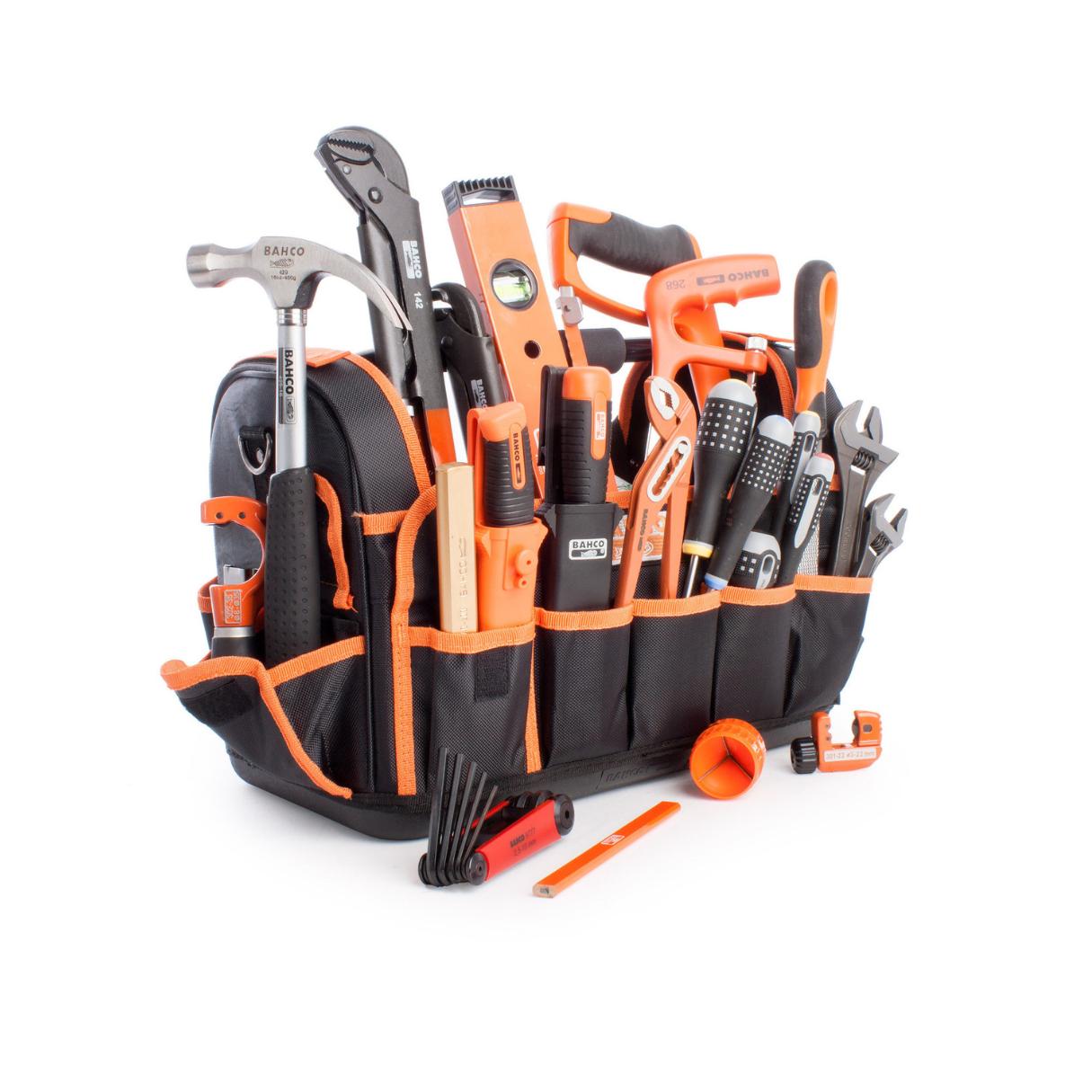
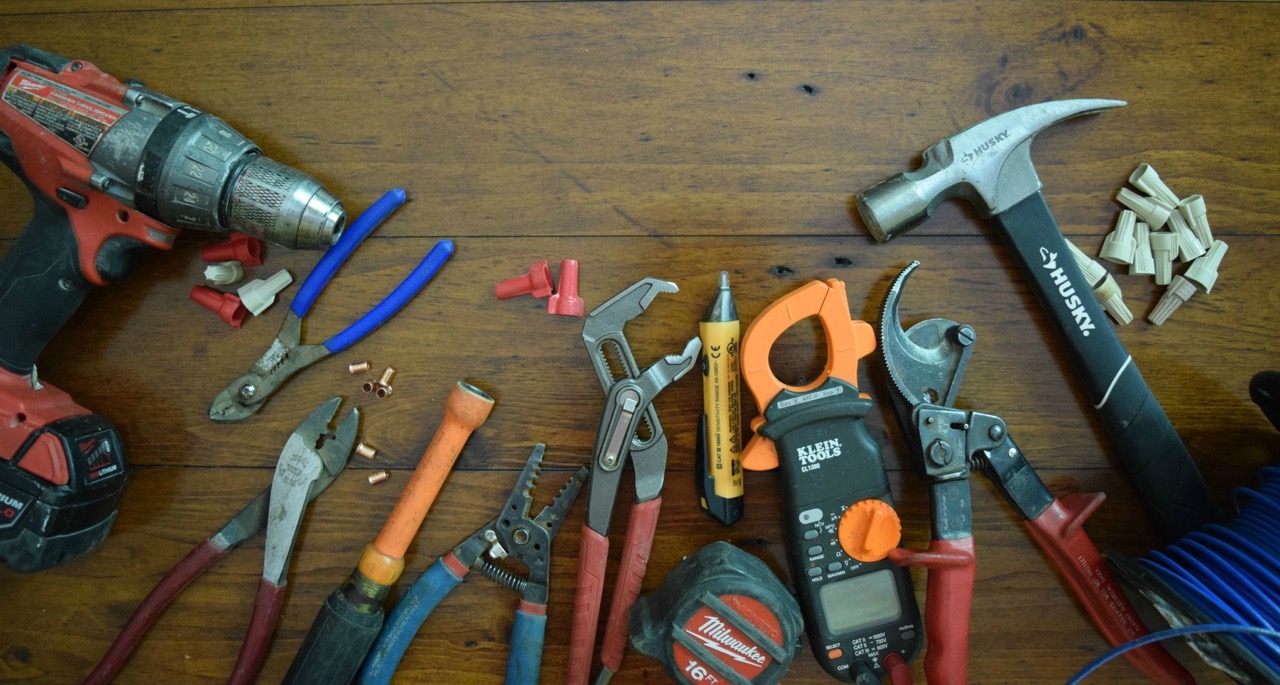



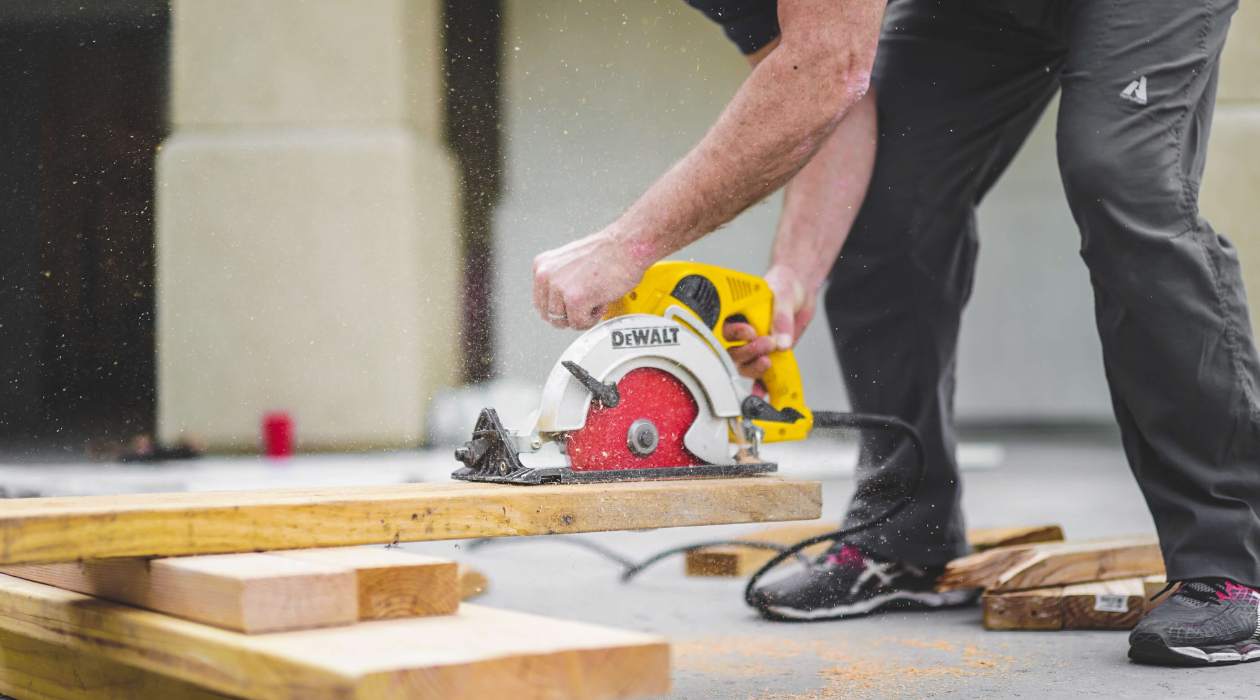



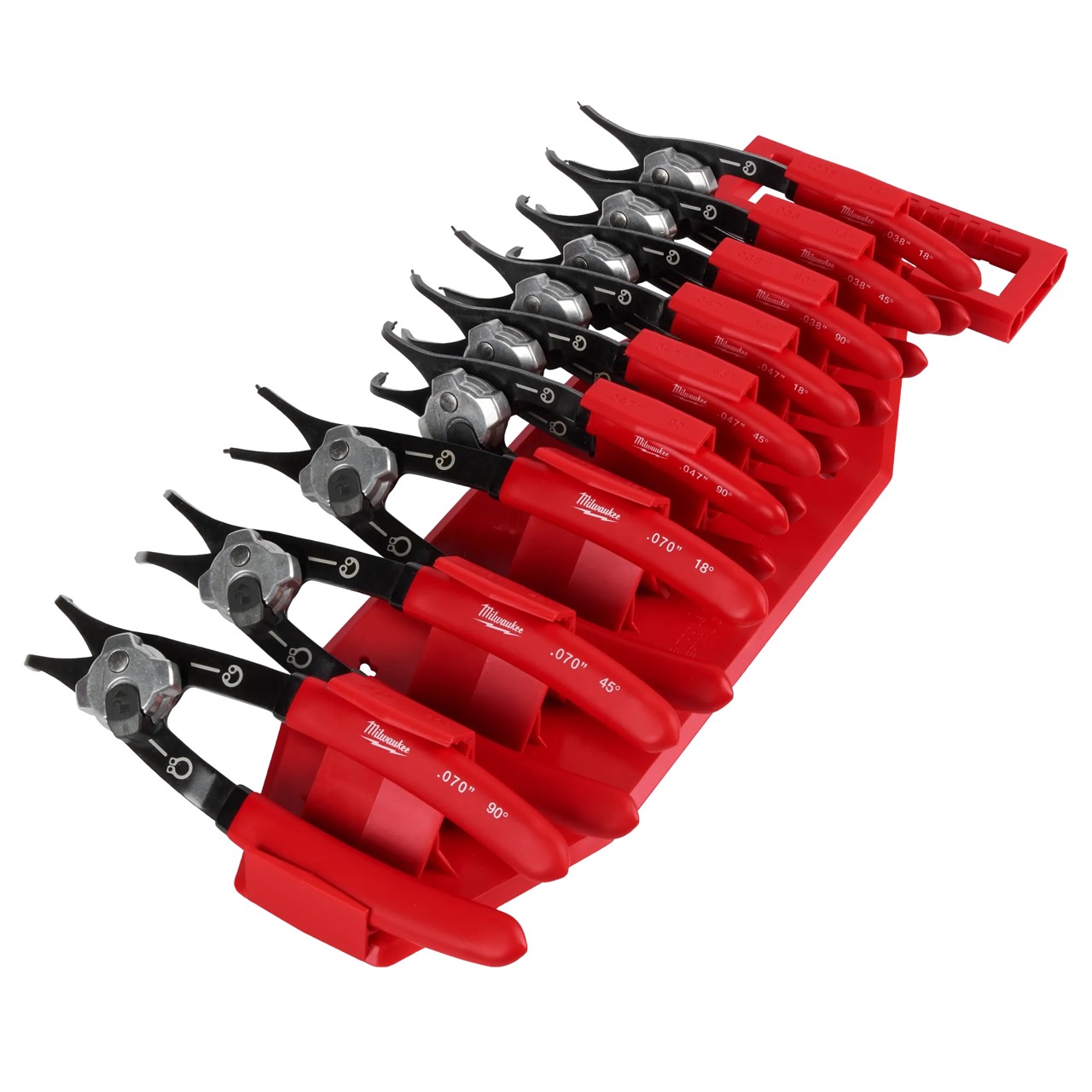

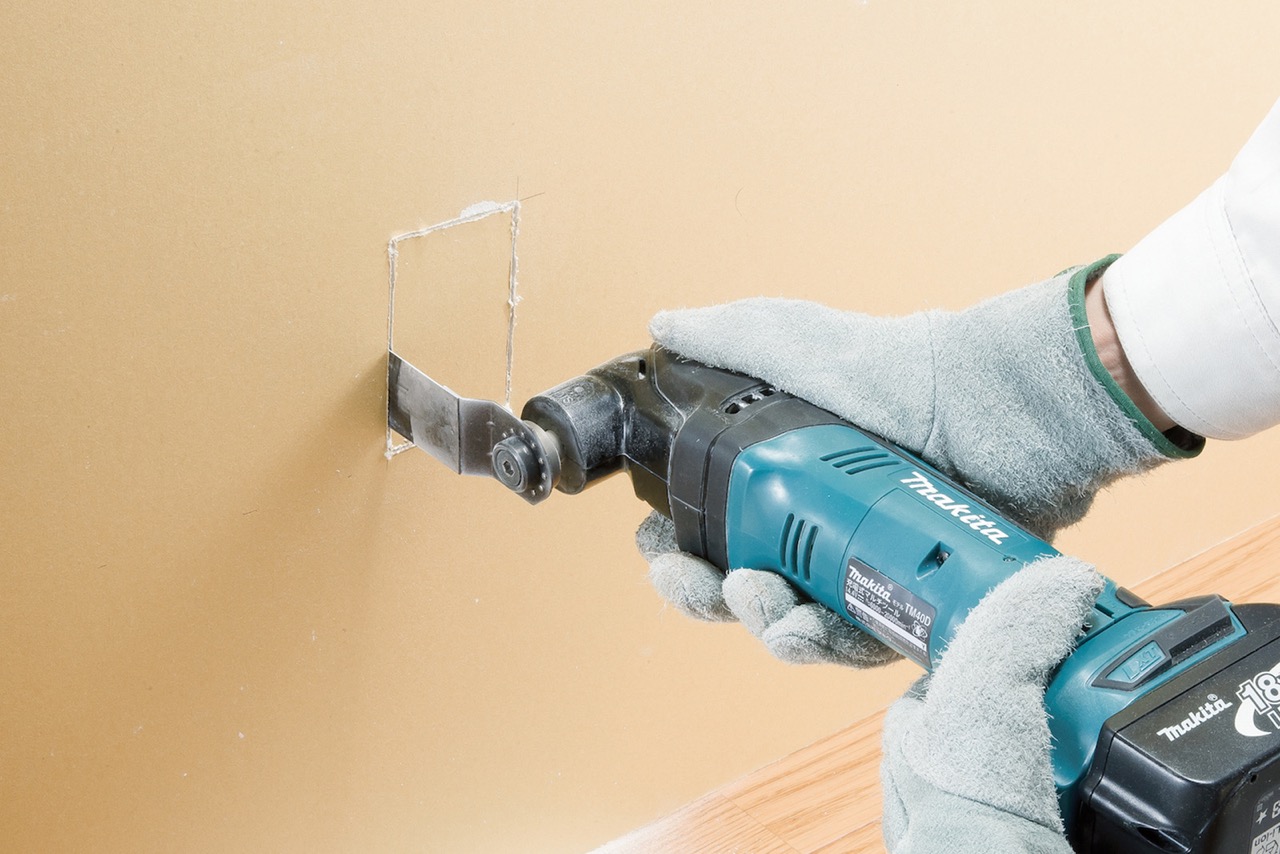
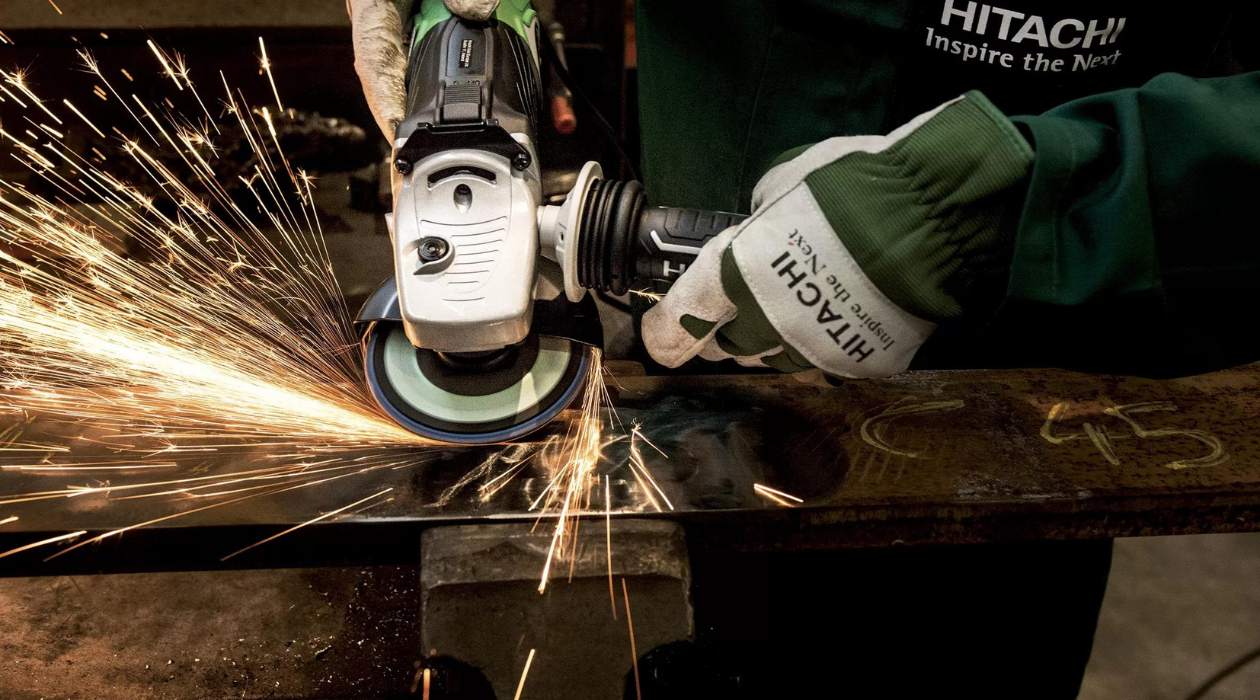

0 thoughts on “What Advantages Do Hand Tools Have Over Power Tools”